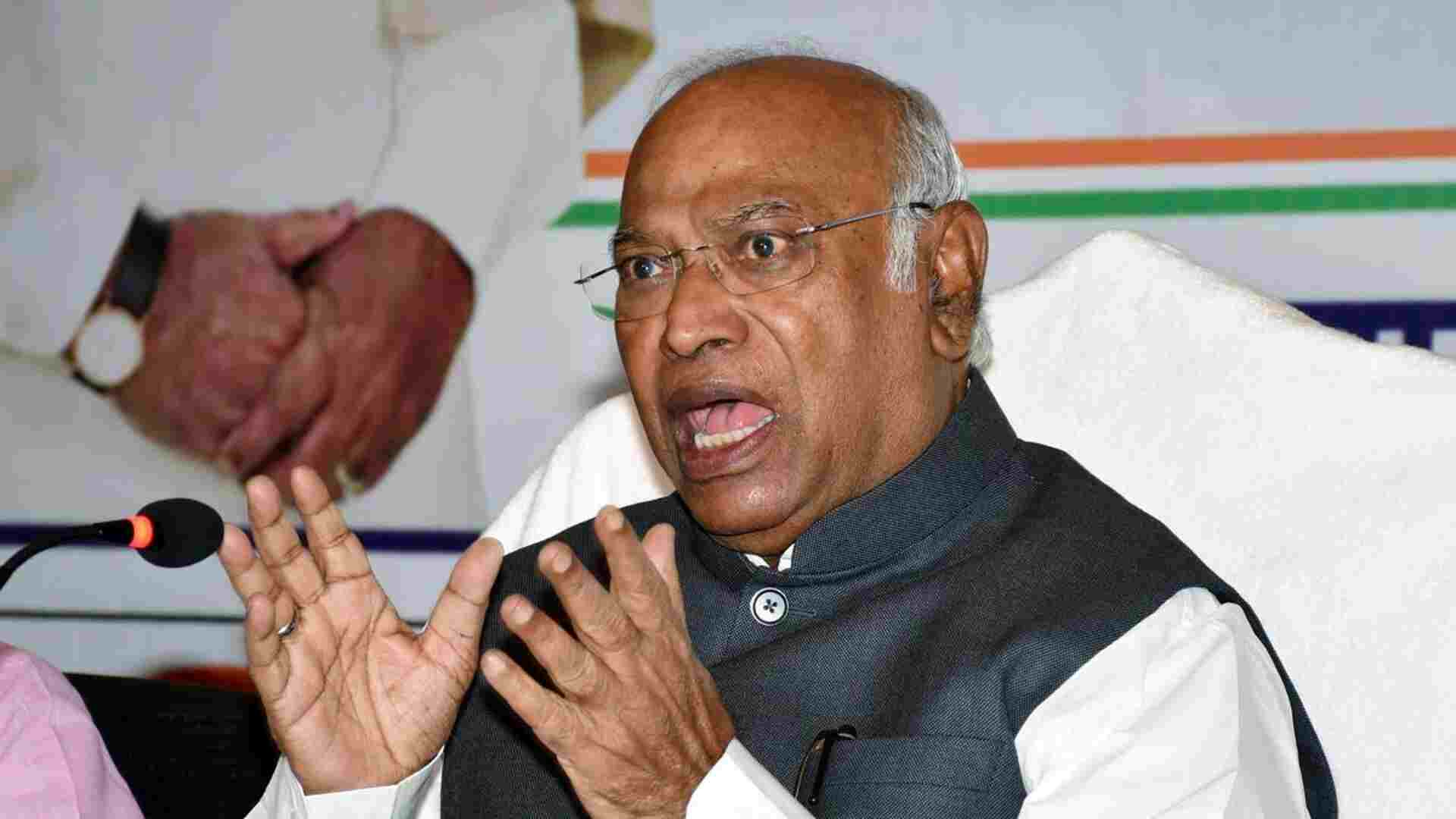
Marking a significant legal victory for Donald Trump just months before the US presidential elections, the Georgia Court of Appeals has decided to put the election subversion conspiracy case against him and several of his co-defendants on hold. This development, announced on Wednesday, could delay any trial proceedings until after the 2024 US presidential election, providing Trump with potential reprieve as he campaigns for a return to the White House. The court’s order halts the case until a panel of judges rules on whether Fulton County District Attorney Fani Willis should be disqualified.
Controversy Surrounding DA Fani Willis
The controversy centres around allegations that DA Fani Willis had a romantic relationship with Nathan Wade, the special prosecutor she appointed to handle the case. Trump’s defence team, led by Steve Sadow, has argued that Willis financially benefited from this relationship, alleging that Wade covered several vacations for the pair.
Judge McAfee’s Findings
Fulton County Superior Judge Scott McAfee found insufficient evidence to prove that Willis financially benefited from her relationship with Wade. Despite this, McAfee highlighted an “odor of mendacity” surrounding the situation. He noted that “reasonable questions” about the truthfulness of Willis and Wade regarding the timing of their relationship “further underpin the finding of an appearance of impropriety and the need to make proportional efforts to cure it.”
Impact on Legal Proceedings
McAfee ruled that Willis could continue on the case only if Wade stepped down. This decision led to the special prosecutor’s resignation just hours later. The court’s ruling and the ensuing resignation underscore the contentious nature of the case and the scrutiny facing those involved. With the case on hold, Trump’s legal team may have gained a critical advantage as the former president seeks to focus on his 2024 campaign.
Will it affect the US Presidential elections?
The decision by the Georgia Court of Appeals is expected to be a pivotal moment in the unfolding legal drama, with potential implications for both the upcoming presidential election and the broader quest for accountability in the election subversion case. The much-vaunted polls are scheduled for November 5, 2024.















